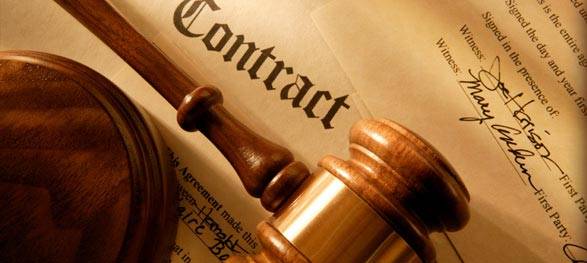What are my rights and responsibilities …
Suppose you are outside your home or in a public place when the police arrive and begin asking questions. Law enforcement officers have a duty to protect the community they serve, its citizens and their property. The law gives police certain powers to help them perform that duty.Police have the power to approach persons and ask them questions. Simply because you are approached and questioned by the police does not mean you are suspected of having committed a crime. All citizens are encouraged to cooperate with the police so those who break the law can be brought to justice, but, with one exception, discussed below, you have no legal duty to answer any question, and you may refuse to answer. This is called the right of silence. You should never lie to a law enforcement officer, however. If you do, you can get into trouble for “obstructing official business.”
If the police “stop” me and ask me questions?
There is one exception to your right to silence: According to Ohio law since April 2006, if you are in a public place and under certain circumstances, you must give your name, address and date of birth to an officer. If you fail to provide this information under such circumstances, you will be committing a fourth-degree misdemeanor and may be arrested.
Also, if you are only being stopped, you can refuse to give your consent for an officer to search your person, vehicle or home. Your refusal will force the police officer to legally justify any search made without your consent. Be aware, however, that Ohio law does permit some limited searches (such as patdowns) in “stop” situations in order to search for weapons.
Further, anything you say can be used as evidence against you. Sometimes people think that what they are saying won’t incriminate them, but it can provide a link in a chain of information that could incriminate them.
Even if you believe the officer has no grounds to stop and question you, do not argue with or resist the police. Arguing or resisting will not help you, and may make it more likely that the police will arrest you and bring criminal charges against you. It may also give them grounds to bring even more criminal charges against you, which can make it harder for you to get out of jail on bail if you are charged. Once officers no longer have grounds to detain you, they should say you are free to go before asking to search you or your car.





